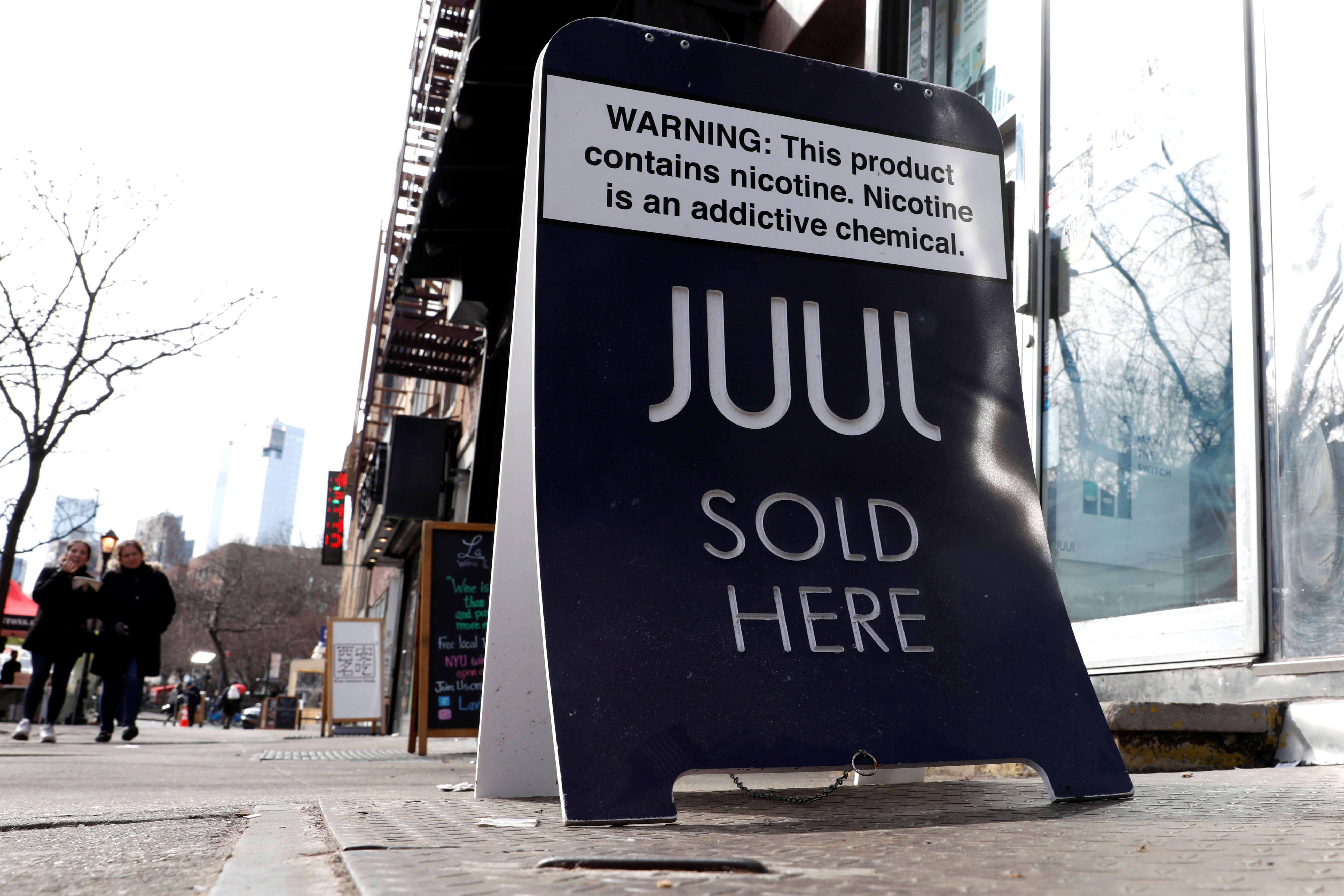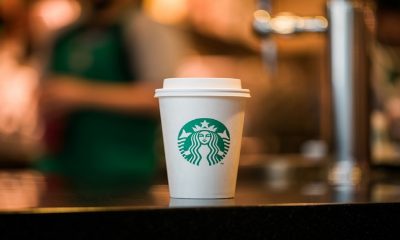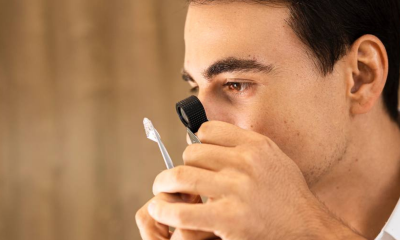BUSINESS NEWS
Fake Juul pods fill shelves after vaping giant pulled fruity flavors
[ad_1]
They look like the e-cigarette Juul. They taste sort of like Juul. But they’re not Juul.
The market-leading e-cigarette company stopped selling fruity flavors of nicotine pods in retail stores last fall amid pressure from the Food and Drug Administration to stem what it declared an “epidemic” of teen vaping. Yet mango, fruit and creme pods continue to line store shelves — presumably many of them fake.
Juul users have been deluged with a variety of alternatives since then. Some companies have rushed in to make “compatible” pods that can be vaped with Juul’s devices but are marketed under different brand names. Then there are the more troubling, counterfeit products, which advertise themselves as and look like real Juul pods to the naked eye.
Concerns about the health effects of vaping are growing as more and more users report health problems. The Centers for Disease Control and Prevention last week said 22 states have reported 193 possible cases of severe lung illness and one related death associated with e-cigarette use.
For Juul, counterfeit pods add another risk to the already embattled company. Parents and regulators might not distinguish whether minors are using real or fake Juul products. And it’s unclear what exactly users are inhaling when they puff on fake pods.
“Counterfeit products are a direct threat to public health and our plan to combat youth usage,” Juul CEO Kevin Burns said in a statement, adding that “other companies are aggressively and illegally selling counterfeit ‘JUULpods’ in the very flavors we stopped shipping, which are made with unknown ingredients and under unknown quality and manufacturing standards.”
Health officials say it’s too early to pinpoint what’s causing the nearly 200 cases of severe pulmonary disease. All they know at this point is they are associated with vaping and in many cases products containing THC, the substance in marijuana that produces a high.
Former FDA Commissioner Scott Gottlieb said these cases are probably linked to counterfeit products that work with commonly used devices, including Juul. Gottlieb, who is a CNBC contributor, said the clustering of the illnesses suggests these products are “getting into local markets.”
“The responsible companies … have taken their flavored products out of convenience stores, like Juul. So now what’s filling the void are these counterfeit flavored products,” he said in an interview on CNBC’s “Squawk Box.”
Adrian Punderson, Juul’s vice president of intellectual property protection, said he cannot quantify the increase in counterfeit products Juul has seen since the company pulled flavored pods from stores. However, he said in any industry, companies that make knockoffs identify the popular products and mostly make those “because that’s what makes business sense.”
“Across the board, in terms of hitting factories and looking at products seized in terms of packaging, literally every single flavor is out there,” said Punderson, who joined Juul earlier this year after working at PwC and Apple.
Juul’s investigations into counterfeit products have all traced back to China, the company said. Law enforcement has already raided 15 factories in China this year, Punderson said, seizing “hundreds of thousands of counterfeit products at factories dedicated to manufacturing counterfeit Juul products.”
Some raids have uncovered dirty factories and unsanitary working conditions, he said. For example, investigators found liquids stored on the floor and in dirty storage containers with workers using ketchup-type squirt bottles to inject the liquid into the pods. Employees also used visibly dirty cloths to wipe the excess fluid off the bottle, pods and their hands, Punderson said.
The FDA repeated its previous statement on the topic, saying it’s investigating counterfeit e-cigarette products, “as well as whether companies are introducing new e-cigarettes in violation of premarket authorization requirements.”
These efforts haven’t stopped the knockoff pods from getting into people’s hands. Counterfeits are such a hot topic on the Juul subject board on Reddit that the moderators started marking any posts asking whether pods are real or fake as spam.
Ali, a 24-year-old in New York who asked not to publish his last name for professional reasons, said he sometimes spends 20 minutes examining a box of pods. He checks the color of the liquid inside each pod — counterfeits tend to be much darker than the genuine ones, he said.
Once he determines it was probably legit, he pops the pod into his device. He takes a hit and knows right away, “fake.”
“It just tastes bad,” he said. “I hit it once and almost threw it up.”
Ali stopped vaping altogether because he started worrying about the lack of e-cigarette regulation and transparency into what exactly he was puffing on. Juul says it takes product safety “seriously” and it conducts “extensive preclinical and toxicological testing of the ingredients” in its liquids and aerosols.
Ali had quit smoking cigarettes cold turkey before he picked up Juul, so he figured he could quit vaping too.
Luis Rodriguez, a 21-year-old freelance video editor, said he thought it was strange he kept seeing mango Juul pods on sale at the bodega near his New York apartment, after the company announced plans to limit sales of its sweeter flavors to its website. A pack of four pods, which sells for $15.99 online, was also selling for a premium in the store — $25.
“When it was still being sold,” he said, “that was cause for skepticism.”
[ad_2]
Source link













